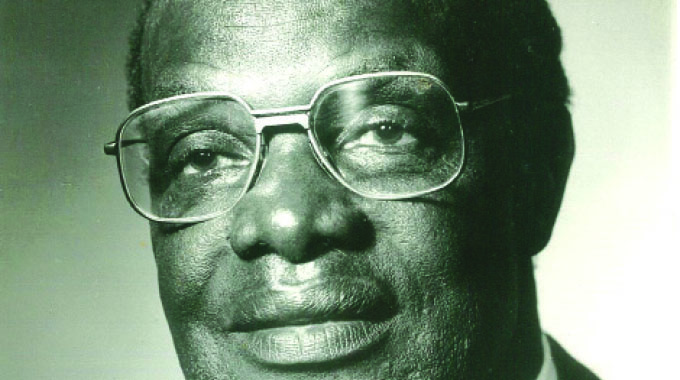Rise of Russian film and its connection with the African story

Liberty Pazvakavambwa
Arts Correspondent
Storytelling through film is a growing art form in Zimbabwe.
Over the past few years, young creatives have outdone themselves with minimal resources to tell moving stories that allow an immediate interaction with the country’s history and story.
When Russia first announced that its scientists came up with a Covid-19 vaccine, there was scepticism in some quarters.
Time has since proven that Sputnik V is one of the best vaccines on the market, a testament of Russian scientific prevision which has been proven to be better than those made in the West.
In art, it is appearing like the same American hegemony is being dismantled with other countries emerging to become powerhouses.
Hollywood blockbusters are no longer the staple of the film industry, stories are being told everywhere across the world.
Other African countries have already woken up to this reality and are positioning themselves to ensure they benefit from the new order.
On May 14, thousands of Central Africans gathered at the Barthélemy Boganda Sports Complex, also known as 20 000 places stadium, to attend the main cultural event of 2021.
The people were ecstatic after the premiere.
They were happy to see their country on the big screen and being represented in the global cinematography discourse.
It is also a story that many could resonate with.
As a young man from Bangui, Central African Republic’s capital, has put it: “Even most of us, Central Africans, did not know all that happened on the ground.”
People in the Central African Republic believe this film will allow the national and international community to understand some of the things behind the Central African crisis.
The first Central African-Russian film “Tourist” follows the recent events that took place in the republic: it tells the true story of the military support provided by Russian instructors on the ground alongside the Central African Armed Forces (FACA) since the attempt to destabilise the country by mercenaries of the Coalition of so-called Patriots for Change (CPC) of former president François Bozizé.
Thousands of people in the Central African Republic, who have seen the film, are ecstatic about it.
Victorien Bemokolo, a citizen of Bangui who saw the film at the premiere, says that it is a great experience for all of his compatriots.
“To see your country shown on a big screen is a big thing for us,” she said. “The Central Africans are portrayed in the film as brave and strong, I like it. And I like our friendship with Russia a lot: they helped a lot during the clashes, they trained our FACA and now this film. I think our partnership is very productive.”
The Tourist is not just an action film, that shows shootings and the fight against CPC terrorists.
The film shows political intrigues that plunged the country into violence and characters facing a difficult moral choice.
It is a dramatic and dynamic action film about people who are willing, at the cost of their lives, to protect the legal order and the lives of Central African civilians simply because they cannot watch innocent people die.
As Nadine Doungouss has put it “conflicts are horrible, what has been happening to the people of my country is horrible. This film shows the world what we have been through and we are grateful that we were given a voice!”
The motion picture “Tourist” is based on the events that took place in the African state during the election of the head of the republic. This is the first feature film to be translated into Sango, the official language of the Central African Republic.
The main character — a Russian officer with the call sign Tourist-goes to the CAR to teach the basics of tactics of local security forces. At the same time, former president Francois Bozize, enlisting the support of bandits from the conglomerate of groups “Coalition of Patriots for Change”, attempts a coup.
Local bandits with the support of thugs from Chad attack the capital of the CAR, literally cutting out local villages along the way, and Russian instructors, who initially did not plan to get involved in local conflicts, have to intervene.
They do this not only at the request of the legitimate authorities of the CAR, but also because they cannot stand by and watch the genocide unleashed against civilians.
“The main value of this film is that it is shot based on real events — in online time. This is a new kind of cinema, which is only now being opened,” said movie producer Heinrich Ken. “As it is shown in the Tourist, and as every Central African knows, the current conflict is not of the religious or ethnical nature.
“However, there those who are ready to defend the peace, the values and the civilian population, and as long as there are honest and brave people in the CAR, there is hope.
“The film is about mutual assistance between two countries: Russia and the Central African Republic. About the friendship of peoples, tempered by hard trials. The film is based on a Russian instructor and Central Africans who rallied with their FACA army, did not leave their positions and fought back against the enemy,”
Zimbabwe should start looking towards projects of similar effect.
Liberty Pazvakavambwa is a media consultant, and a film researcher based in Zimbabwe.









Comments